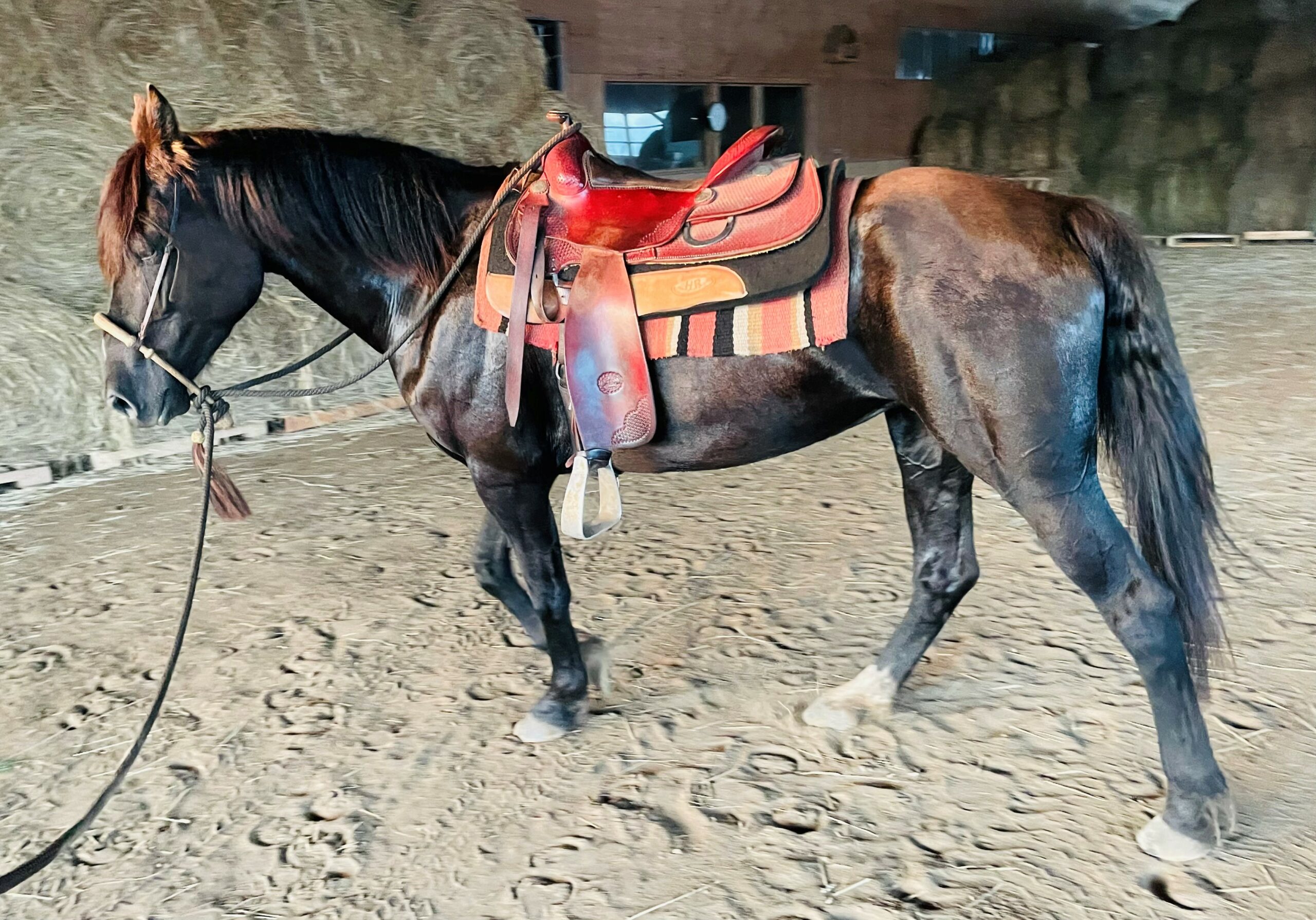Tienes Siempre Mañana
The Spanish saying “tienes siempre mañana” or “you always have tomorrow” is often tossed around in buckaroo circles, but do we really understand its meaning? It’s frequently swapped with phrases like “it takes as long as it takes,” but does that truly hold up?
Training horses isn’t a precise science; it’s as much an art and a form of communication as it is a science. People tend to work on time schedules, but horses don’t. When you send your horse to a trainer, they typically charge by the month or a 30-day cycle. And after purchasing a horse—or when trying to sell one—you might hear the owner say, “I sent that one off to Billy Bob’s for 90 days of training.”
But the only time that truly matters to a horse is the time you spend irritating it—when you keep pulling or constantly ask for something without letting up. Horses, at their core, live for peace. In the wild, they eat, drink, procreate, and sleep. Their lives are focused on survival, not on trying to impress anyone. They don’t care about winning races; they care about avoiding predators.
When people are working with a horse, they typically have two things in mind: a desired behavior and a specific time frame. The horse, on the other hand, has only one goal: maintaining the status quo, or homeostasis. This is exactly why pressure and release work so well as a training method. Pressure motivates the horse to respond in some way, and release signals that the response is correct.
If the pressure is too little, the horse won’t respond. If it’s too much, the horse will become anxious, nervous, or even explosive. A skilled horseman is incredibly perceptive—almost as perceptive as the horse itself. They know when to maintain pressure and when to release, ensuring the pressure isn’t too much and the release isn’t too early or late. A less experienced rider, however, will likely make more mistakes, either applying the wrong amount of pressure or releasing at the wrong time.
For the skilled horseman, if something doesn’t get accomplished today—whether because of time constraints or because the horse or rider wasn’t focused—they will try again another day. However, for those who lack skill, “tienes siempre mañana” can become an excuse for not completing a task, not getting the timing right, using the wrong pressure, or simply experimenting without enough knowledge or guidance.
While it’s true that “you always have tomorrow,” it’s equally true that “tomorrow never comes.” So, if you’re still learning like I am and don’t yet consider yourself a master horseman, take the time to reflect on your own actions. Ask yourself, “Did I use too much pressure? Did I hold too long? Did I release too early?”
Also, remember that there are many ways to cue a horse. Take a simple stop, for instance. People often stop a horse in various ways: pulling on the reins, using verbal cues, sitting back in the saddle, halting the ride, or using spurs. None of these methods are inherently “right” or mutually exclusive. Not every horse will respond to all cues in the same way. They will recognize the cues that lead to peace in that moment.
So, whether you’re working on training or simply building your connection with your horse, consider how you’re interacting and when your cues create the calm and peace your horse craves.

